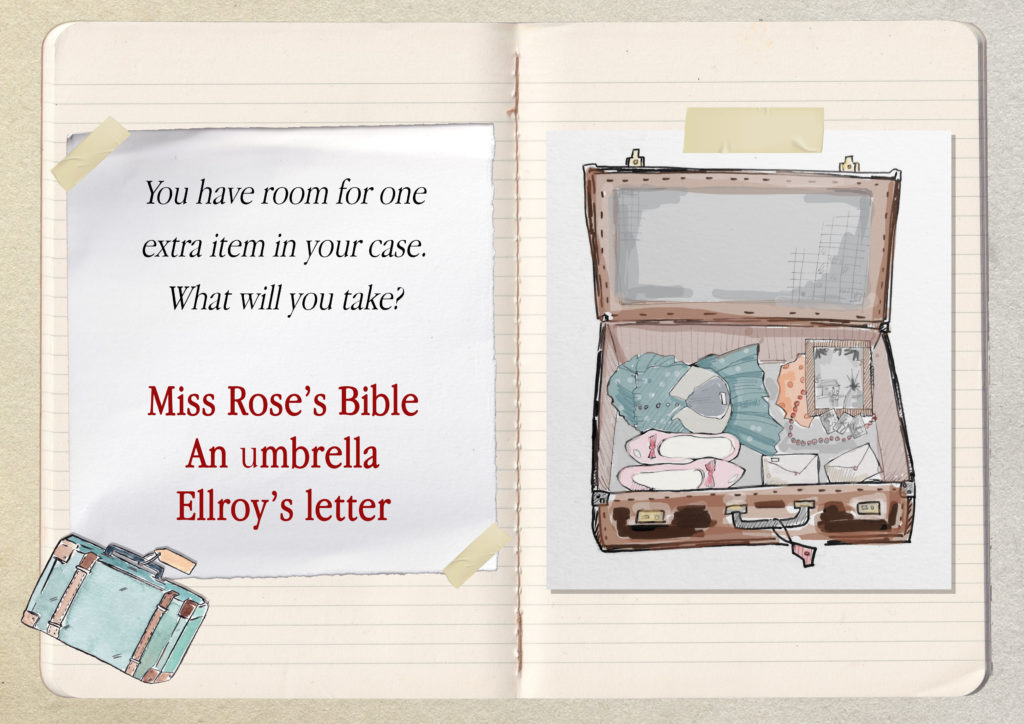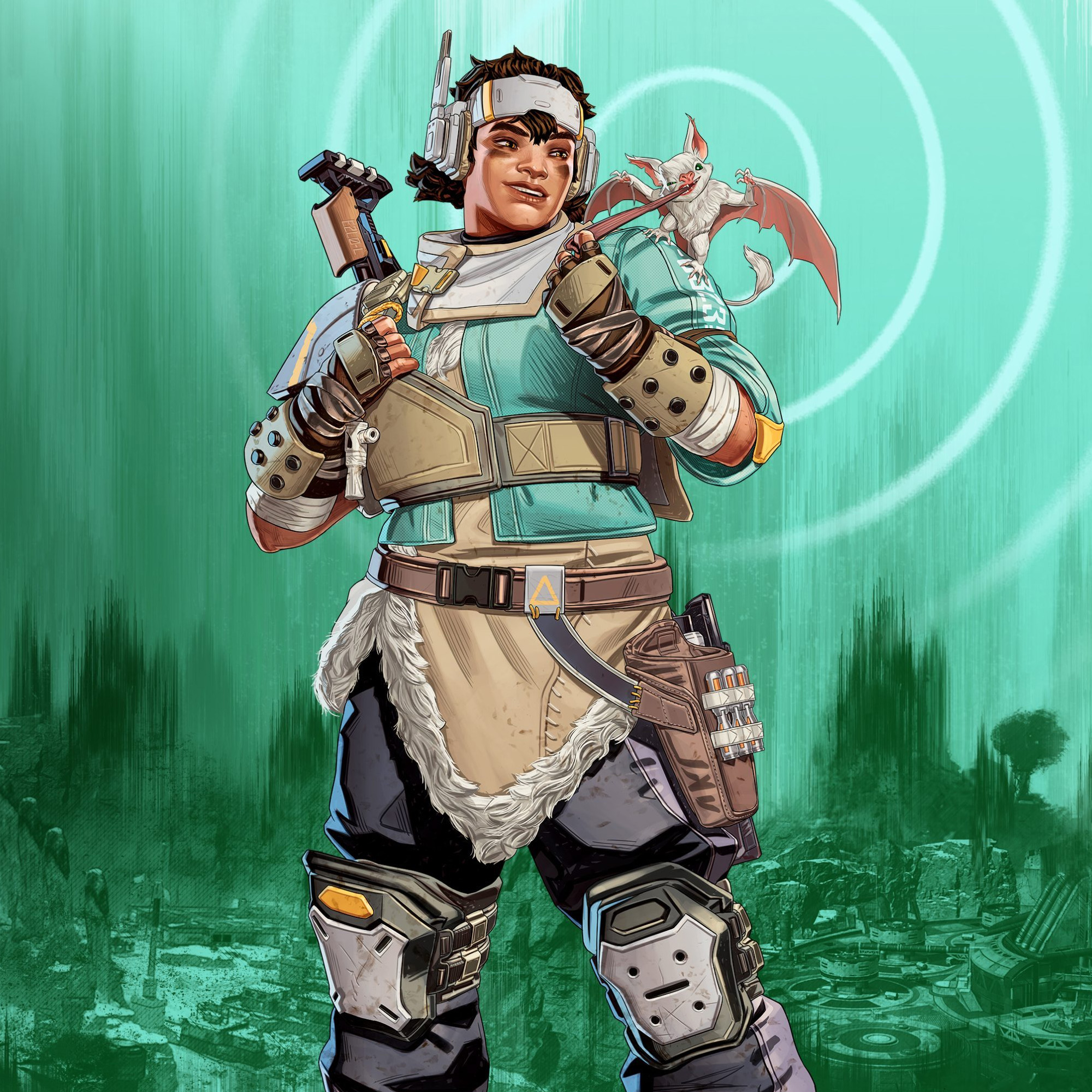
- POPSUGAR Australia
- Gaming
- How 4 Game Studios Made Sure They Properly Represented Their Diverse Characters
How 4 Game Studios Made Sure They Properly Represented Their Diverse Characters

Since the 1980s, most of the marketing strategies of video game companies have been to heavily target young men. Some of these strategies have been explicit about it, too, like Nintendo’s ads for the Game Boy that clearly aimed for a specific demographic. And while the number of female gamers is rising, it can still be difficult to find characters in mainstream games that reflect this growing diversity. The situation has caused a vicious cycle on the development side. If you don’t see yourself in games, you may not think that the game industry will welcome you.
In 2021, the International Game Developers Association (IGDA) found that the overwhelming majority of developers believe diversity is important in the games industry and in games themselves. But when most of those developers are still white males, how can studios approach diversifying content in a way that’s accurate and relatable — and how can the industry attract a more diverse generation of future developers and storytellers?
Some studios are already doing it. Here are four game studios that have taken steps to do this by strategically incorporating voices of underrepresented people in the development process.
Tell Me Why (DONTNOD Entertainment)
Indie French studio DONTNOD Entertainment has previously been under fire for queerbaiting, lack of racial diversity, insensitive depictions of suicide and cultural appropriation in Life is Strange. Since then, though, the studio has done better, particularly with Tell Me Why — the first game to be released by a major studio with a playable trans character.
You play Tyler, a 21-year-old trans man, and his sister Alyson, who use their eerie twin mindreading powers to uncover the truth behind the traumatic events of their childhood.
DONTNOD consulted with the US organisation Gay & Lesbian Alliance Against Defamation (GLAAD) to ensure this representation was sensitive, nuanced and relatable. Trans, non-binary and gender non-conforming staff at DONTNOD were also involved in character and story design. Tyler’s character is voiced by August Black, a trans man who made further contributions to make sure that the dialogue was realistic. Tyler is never deadnamed in the game, and while he does face microaggressions, he and Alyson are both assertive and affirming of his gender.
As the game is set in rural Alaska, DONTNOD also consulted with the Huna Heritage Foundation on matters of Tlingit culture and characterisation, not repeating the same mistakes made in Life is Strange.
DONTNOD has also made the game free over the last two Pride months and made sizable donations to organisations supporting trans people, going beyond ordinary corporate rainbow-washing to make the story accessible to their audience.
Windrush Tales (3-Fold Games)

The best representation you can find of Black characters in video games tends to be in sports games like the FIFA franchise. The dearth of more complex representation is striking given Pew Research in the US showing that 51% of Black adults in the US play games.
Some independent, Black-led games studios are working on the issue of race representation though. One example is 3-Fold Games, based in South-West England, with Windrush Tales. This text-based game is currently in development, but based on its Steam synopsis, it focuses on the Windrush generation — those arriving to Britain from the Caribbean in the post-war era as part of Britain’s efforts to rebuild. They faced hardship and, in 2018, many Windrush migrants were incorrectly detained and in some cases deported by the UK Government.
One of the strengths of games is their ability to give players an immersive, in-depth account of lived experiences. But for important stories to be told, you need people in the games industry who can identify their value and make the representation engaging and accurate. One of the leaders of 3-Fold Games, Chella Ramanan, told The Guardian that inclusion is something that the industry still needs to address.
“There’s a problem of visibility, both of people working in the industry and in the games themselves … The representation is often stereotypical — a black man will often be, say, an LA gang member, but that’s not representing the experience of people in Leeds or Birmingham, or the Caribbean. South Asian people are rarely represented at all. There’s a lack of seeing your own stories being portrayed so young people of colour aren’t being encouraged to think: ‘I could make a game like that’.”
Lost and Hound (Daisy Ale Soundworks)
Accessibility is too often an afterthought in games design — developers make the game, slap on some subtitles (if we’re lucky) and release it into the world. Lost and Hound, however, is specifically designed for blind and vision impaired people, while also being an engaging game for sighted players.
You play a corgi with awesome scent tracking and hearing abilities, and navigate worlds with these senses. Although the game has graphics, sight is not necessary for skilled gameplay.
Game developer Brian Fairbanks told Murdoch University that “I was shocked to find that most of the games played only served to stigmatise vision impaired people and treated them like victims instead of giving them a fun gameplay experience.” He developed the game by drawing on the advice of vision impaired gamers and consultants to ensure that it was both accessible and challenging.
Tipi Kaga (Northern Plains Games)
As an older Gen Z/younger Millennial, Carl Petersen grew up in the Native American Cheyenne River Reservation with an interest in games, but not a great internet connection. He told Polygon that when he had to download a patch for World of Warcraft, he had to lug his gaming PC into a nearby town. Recently, Petersen was awarded a grant to develop Tipi Kaga, a game that incorporates his culture. Tipi Kaga is free to download and involves virtually making a tipi. The dialogue is entirely in the Lakota language, and you don’t need to know the language to get, as Petersen says, “the experience of being in a culture where that language is alive, and not just history.”
When game studios incorporate the diverse voices of their existing workforce, expand on the diversity of their future workforce and consult gamers with lived experience of marginalisation, it all goes towards ensuring greater — and more meaningful — representation for future gamers.
Read more POPSUGAR gaming content below:
- Is ‘Tears of the Kingdom’ a Prequel to the First Ever Zelda Game? Lore Experts Think So
- “She’s a Top”: Anna Torv Answers All Our Questions About Tess In HBO’s ‘The Last of Us’
- 5 Games to Play Before Declaring ‘The Last of Us’ the GOAT
- Elden Ring Detectives Have Some Wild Theories About the DLC — Here Are the Best Ones
- Joel Finally Called Ellie “Baby Girl” In ‘The Last of Us’ and Fans Are Not Okay


